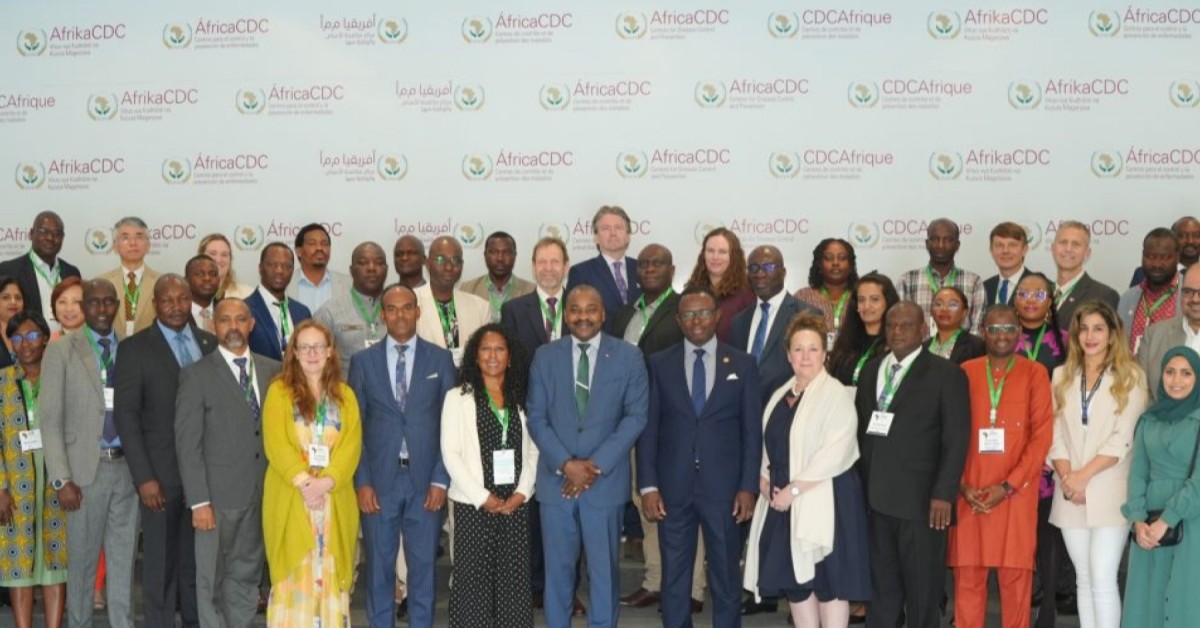
ETHIOPIA – The World Health Organization (WHO), Africa Centres for Disease Control and Prevention (Africa CDC), and the Robert Koch Institute (RKI) have announced the expansion of their joint Health Security Partnership to Strengthen Disease Surveillance in Africa (HSPA).
Initially launched in 2023 across six countries—The Gambia, Mali, Morocco, Namibia, South Africa, and Tunisia—the initiative will now include Rwanda as part of its second phase running from 2025 to 2028.
Africa remains the region most affected by frequent and diverse disease outbreaks. Despite steady progress over the last decade, no country can manage modern health threats alone.
HSPA aims to enhance disease surveillance and epidemic intelligence, enabling African countries to detect and respond to public health threats—whether natural, accidental, or intentional.
At its core, the partnership promotes a collaborative approach that brings together the health and security sectors to reduce biological risks and strengthen national and cross-border surveillance systems. This integrated model helps build resilient, responsive public health systems.
“This initiative is a significant step toward building stronger partnerships for health security in Africa,” said Dr. Chikwe Ihekweazu, Acting WHO Regional Director for Africa.
“By fostering collaboration between national, regional, and global actors, we ensure that surveillance systems are coordinated, actionable, and grounded in country-led priorities.”
The partnership focuses on strengthening key areas such as biorisk management, event-based and indicator-based surveillance, genomic monitoring, and epidemic intelligence.
These improvements are being delivered through in-depth training, development of practical tools, tailored roadmaps, and hands-on technical support to ensure long-term, sustainable impact.
Dr. Raji Tajudeen, Acting Deputy Director-General at the Africa CDC, emphasized the importance of political support and resource mobilization.
“We will work with Member States to promote biosecurity, establish regional surveillance frameworks, and strengthen early warning systems.
Close collaboration with partners and governments is vital, especially given limited resources and rising threats,” he said.
The HSPA is funded by the Government of Canada through its Weapons Threat Reduction Program, with additional support from the United Kingdom for phase two.
The expansion builds on early successes to deliver a safer, healthier, and more resilient Africa.
XRP HEALTHCARE L.L.C | License Number: 2312867.01 | Dubai | © Copyright 2025 | All Rights Reserved